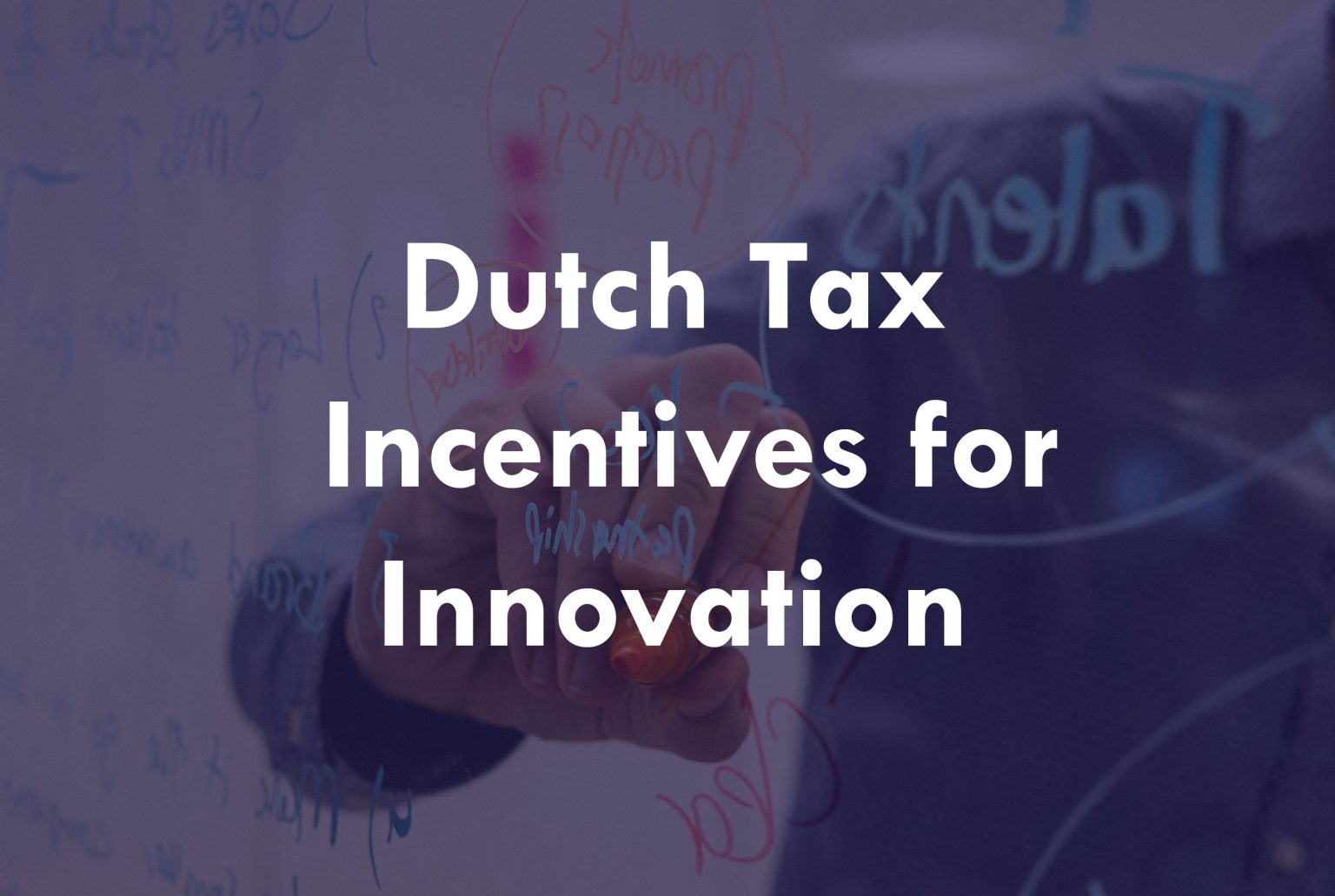The Netherlands has long been recognized as a hub for innovation and technological advancement. With a forward-thinking approach and a well-established infrastructure, the country continues to attract global attention. In a bid to further solidify its position as a leader in innovation, the Dutch government has unveiled a new set of tax credits for 2025 aimed at boosting research and development (R&D) activities. These incentives are designed to encourage both domestic and international companies to invest more in cutting-edge technologies and groundbreaking projects.
Netherlands Boosts Innovation with 2025 Tax Credits
The Dutch government has announced a comprehensive package of tax credits for 2025, specifically targeting innovation and R&D. This initiative is part of a broader strategy to ensure that the Netherlands remains at the forefront of technological advancements. The new tax credits will provide significant financial relief to companies engaged in developing new technologies, thus fostering an environment conducive to innovation. By reducing the financial burden on businesses, the government aims to stimulate more investment in research and development, ultimately leading to a surge in groundbreaking projects and technological breakthroughs.
One of the key components of the 2025 tax credits is the enhancement of the existing Research and Development (R&D) tax credit scheme. Companies investing in R&D will now be able to claim a higher percentage of their expenses, making it more attractive for businesses to allocate resources towards innovative projects. This increase in the R&D tax credit is expected to benefit a wide range of industries, from information technology and biotechnology to renewable energy and advanced manufacturing. By offering more substantial financial incentives, the government hopes to accelerate the pace of technological progress and maintain the Netherlands’ competitive edge on the global stage.
In addition to enhancing the R&D tax credits, the 2025 package also introduces new incentives aimed at startups and small to medium-sized enterprises (SMEs). Recognizing the crucial role that these smaller entities play in driving innovation, the government has designed specific tax breaks and grants to support their growth and development. These measures include reduced corporate tax rates for startups, increased funding for innovation hubs, and grants for collaborative projects between SMEs and research institutions. By providing targeted support to these agile and dynamic companies, the Dutch government aims to cultivate a thriving ecosystem of innovation that can adapt quickly to emerging trends and technologies.
New Incentives Aim to Propel Technological Advancements
The newly introduced tax credits are not just about financial relief; they are also designed to create a more collaborative and innovative culture within the Netherlands. One of the standout features of the 2025 incentives is the emphasis on collaborative projects between businesses and academic institutions. Companies that partner with universities and research centers will be eligible for additional tax credits, encouraging a closer relationship between industry and academia. This collaboration is expected to lead to more interdisciplinary research and the development of technologies that can be rapidly commercialized, benefiting both the economy and society at large.
Another significant aspect of the 2025 tax credits is the focus on sustainable and green technologies. The Dutch government has made it clear that innovation should not come at the expense of the environment. Therefore, companies investing in technologies that promote sustainability, reduce carbon emissions, or enhance energy efficiency will receive additional tax incentives. This move aligns with the Netherlands’ broader commitment to combating climate change and transitioning to a green economy. By incentivizing eco-friendly innovations, the government aims to drive technological advancements that are both economically and environmentally beneficial.
The 2025 tax credits also aim to address the issue of talent retention and development within the Netherlands. Recognizing that a skilled workforce is essential for innovation, the government has included provisions for tax deductions on training and educational programs related to R&D. Companies that invest in upskilling their employees or offer specialized training programs will be able to claim these expenses against their taxes. This initiative is expected to not only enhance the skill set of the existing workforce but also attract top talent from around the world, further bolstering the Netherlands’ reputation as a global innovation leader.
As the Netherlands rolls out its 2025 innovation tax credits, the country is poised to reinforce its position as a global leader in technological advancement. The comprehensive package of incentives is designed to stimulate investment in R&D, foster collaboration between industry and academia, and promote sustainable technologies. By providing targeted support to startups and SMEs, the Dutch government aims to create a dynamic and thriving ecosystem of innovation. These measures are expected to yield significant benefits for the economy and society, ensuring that the Netherlands remains at the cutting edge of technological progress for years to come.
